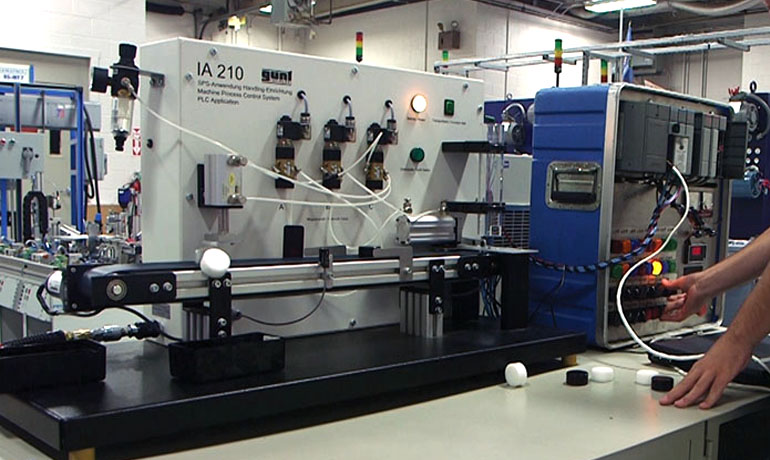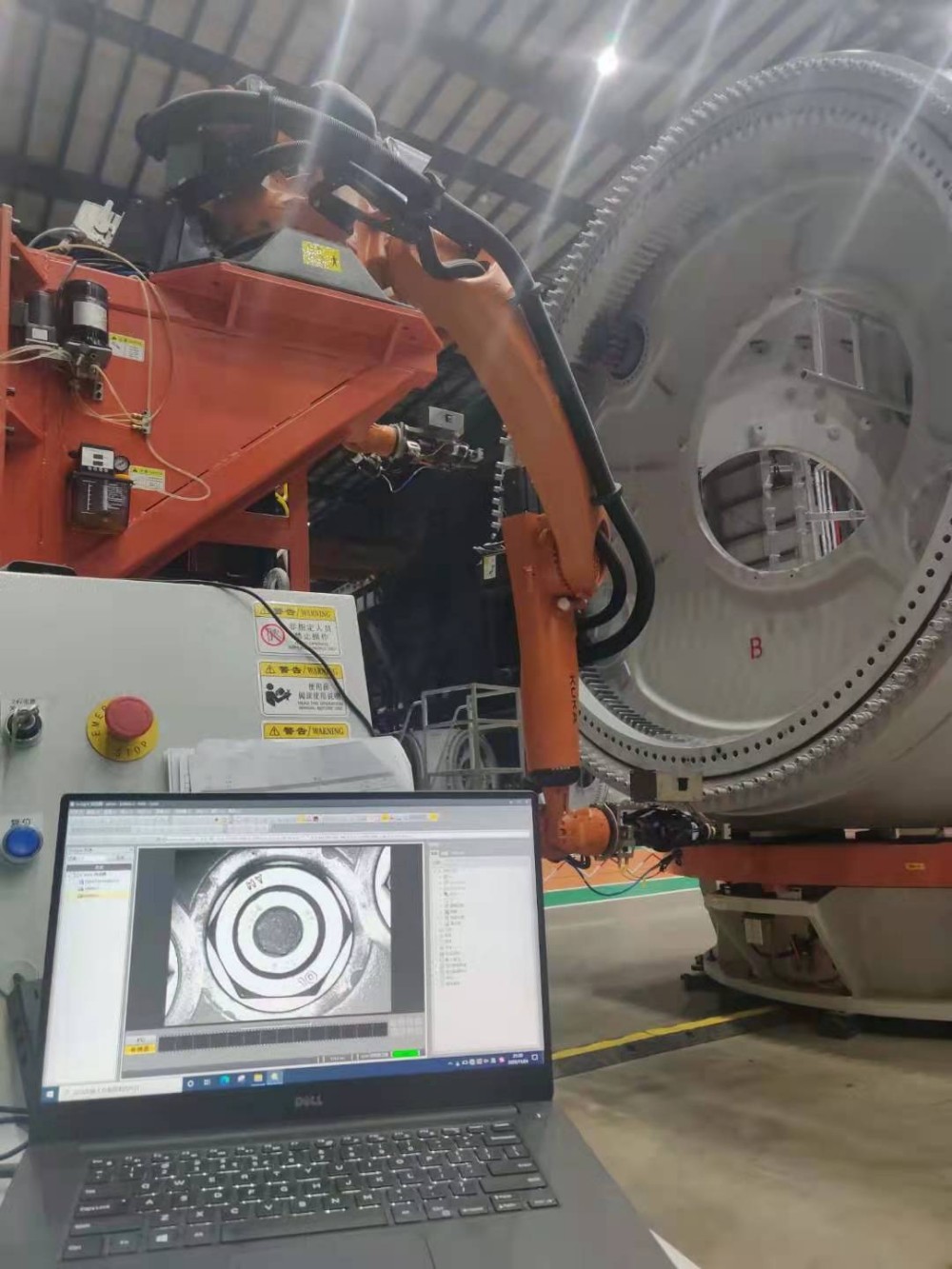From Electronics Engineer to Scientist: Unveiling the Pathway to Cross-Disciplinary Excellence

In today's rapidly evolving world, the boundaries between different fields of study are becoming increasingly blurred. As technology continues to advance, the question arises: Can an electronics engineer transition into the realm of scientific research and become a scientist? In this blog post, we will explore the possibilities, challenges, and opportunities that lie ahead for electronics engineers aspiring to become scientists.
- The Foundation of Electronics Engineering:
Electronics engineering forms the bedrock of technological advancements, encompassing the design, development, and implementation of electronic systems. With a strong foundation in mathematics, physics, and computer science, electronics engineers possess a unique skill set that can be leveraged in scientific research. - Overlapping Areas of Expertise:
Many scientific disciplines, such as physics, materials science, and nanotechnology, share common ground with electronics engineering. The understanding of fundamental principles, such as circuit theory, signal processing, and semiconductor physics, provides a solid foundation for exploring interdisciplinary research opportunities. - Bridging the Gap:
To transition from an electronics engineer to a scientist, one must bridge the gap between engineering and scientific research methodologies. This involves developing a deep understanding of the scientific method, experimental design, data analysis, and publication ethics. Pursuing advanced degrees or collaborating with scientists in research projects can facilitate this transition. - Exploring Research Opportunities:
As an electronics engineer, there are numerous research avenues to explore. For instance, the development of novel electronic devices, such as sensors, energy harvesting systems, or quantum computing technologies, requires a multidisciplinary approach that combines engineering principles with scientific research methodologies. - Collaborative Endeavors:
Collaboration is key to success in scientific research. Electronics engineers can collaborate with scientists from various fields to tackle complex problems. By combining their expertise in electronics with the knowledge of biologists, chemists, or environmental scientists, new frontiers can be explored, leading to groundbreaking discoveries. - Embracing Lifelong Learning:
To excel as a scientist, continuous learning is essential. Electronics engineers must stay updated with the latest advancements in their field as well as in the scientific disciplines they wish to explore. Attending conferences, workshops, and pursuing further education can help bridge any knowledge gaps and foster professional growth.
Conclusion:
In conclusion, the journey from being an electronics engineer to becoming a scientist is indeed possible. By leveraging their strong foundation in electronics engineering and embracing interdisciplinary collaboration, electronics engineers can contribute to scientific research and make significant advancements in various fields. The key lies in embracing lifelong learning, adapting to new methodologies, and seizing opportunities to expand one's horizons. So, if you are an electronics engineer with a passion for scientific exploration, don't hesitate to embark on this exciting journey of cross-disciplinary excellence.




